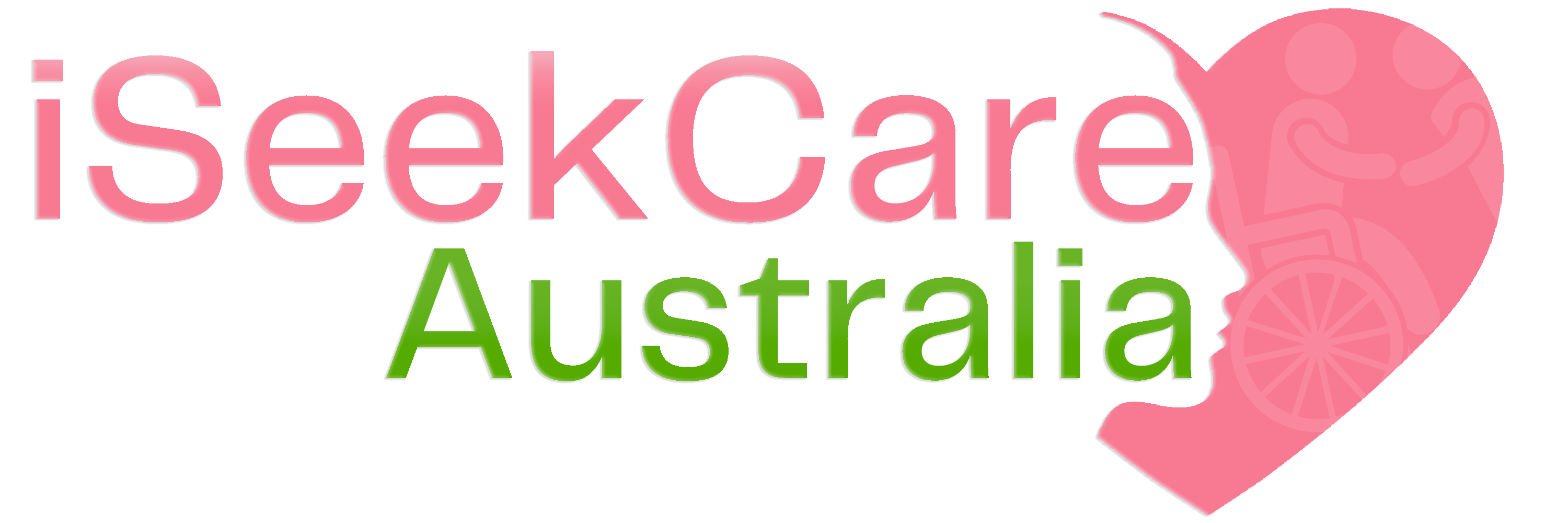The Art of Inclusive Marketing: Disability Franchises Breaking Stereotypes
Marketing has always been about identifying the right target audience, understanding their preferences, and crafting a message that resonates with them. However, in the pursuit of appealing to certain demographics, it’s easy to forget about others. Inclusion is critical in today’s world, particularly for individuals with disabilities, who make up a significant portion of the population. Inclusive marketing can be a powerful tool for businesses, and disability franchises have been leading the way in breaking stereotypes. In this blog, we’ll explore the art of inclusive marketing and how disability franchises are setting an example for others to follow.

1. The Power of Inclusive Marketing
Inclusive marketing is all about creating an environment where everyone feels valued and respected. In fact, studies have shown that companies that embrace diversity and promote inclusivity enjoy financial benefits, higher employee retention, and increased customer loyalty. When businesses take the time to understand and include people with disabilities, they tap into a market with significant purchasing power and become leaders in social responsibility.
2. Disability Franchises Leading the Way
Disability franchises have been at the forefront of inclusive marketing for a while now. They’ve broken free from the notion that disability means inability and have instead shown the world the ability and potential of people with disabilities. By developing products and services that cater to people with disabilities, they’ve opened up new avenues for engagement and growth. Disability franchises have also actively hired individuals with disabilities, bringing diversity and authenticity to their teams.
3. Putting Inclusivity into Practice
Inclusive marketing is not just about using the right language or imagery. It’s about creating an environment where everyone feels included and valued. Disability franchises accomplish this by actively engaging with people with disabilities and their families to understand their unique needs and preferences. They design campaigns that feature diverse individuals and convey messages of equality and respect. Most importantly, they listen to feedback and make changes that reflect inclusivity.
4. The Benefits of Inclusive Marketing
Inclusive marketing is not only the right thing to do, but it also has tangible benefits for businesses. By appealing to a broader audience, companies can increase revenues, enhance their brand reputation, and attract and retain top talent. Inclusive marketing also fosters innovation, as businesses actively seek out new ways to design products and services that meet the needs of diverse customers.
4. The Benefits of Inclusive Marketing
Inclusive marketing is not only the right thing to do, but it also has tangible benefits for businesses. By appealing to a broader audience, companies can increase revenues, enhance their brand reputation, and attract and retain top talent. Inclusive marketing also fosters innovation, as businesses actively seek out new ways to design products and services that meet the needs of diverse customers.
Conclusion:
Inclusive marketing is an art; it requires dedication, empathy, and authenticity. Disability franchises have shown us the power of embracing inclusivity, and the benefits it brings to businesses and society. When we design products and services with a focus on inclusivity, we open up new avenues for growth and create a more diverse and equitable world. As businesses, it’s our responsibility to listen to the voices of those often left behind and work to create a more inclusive future.



